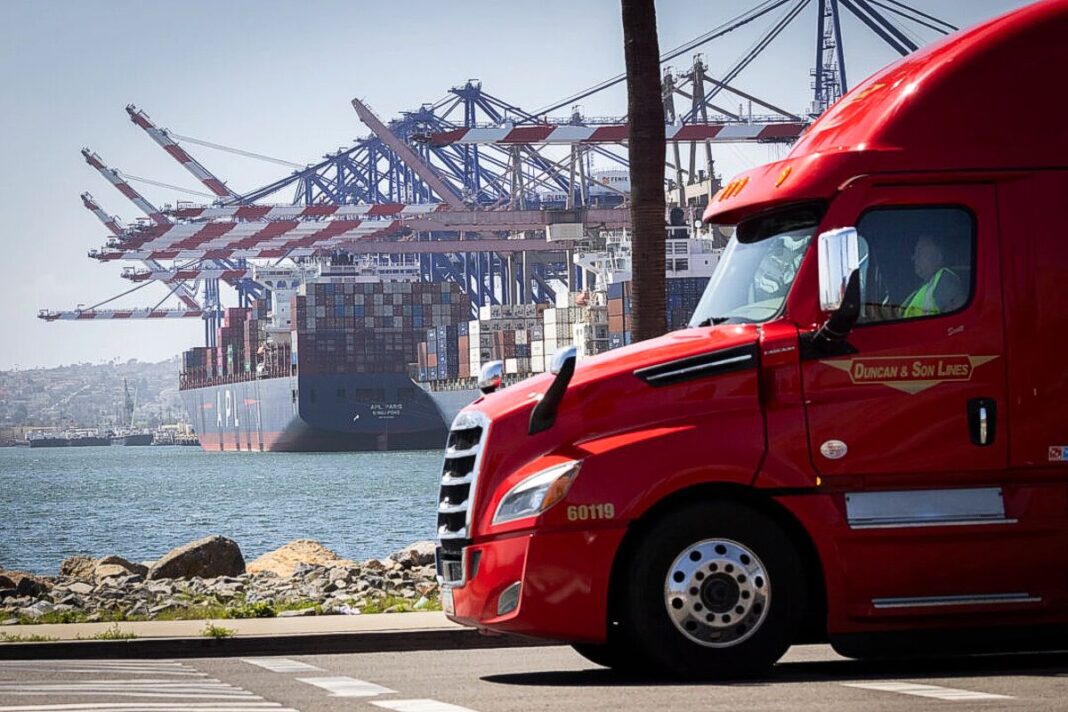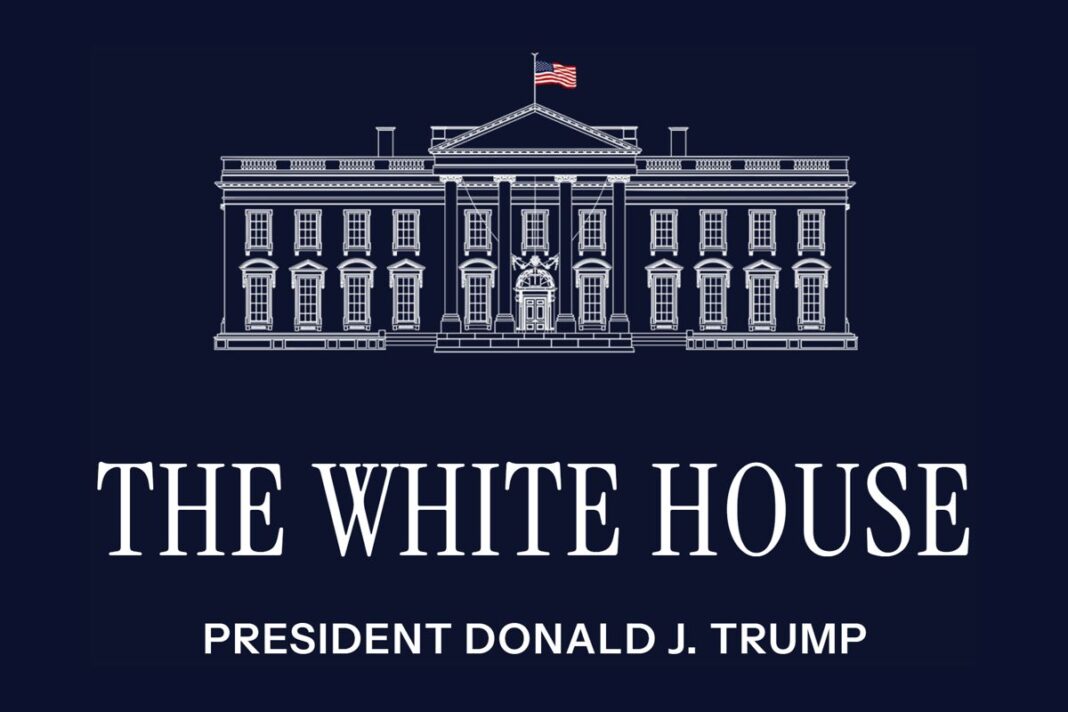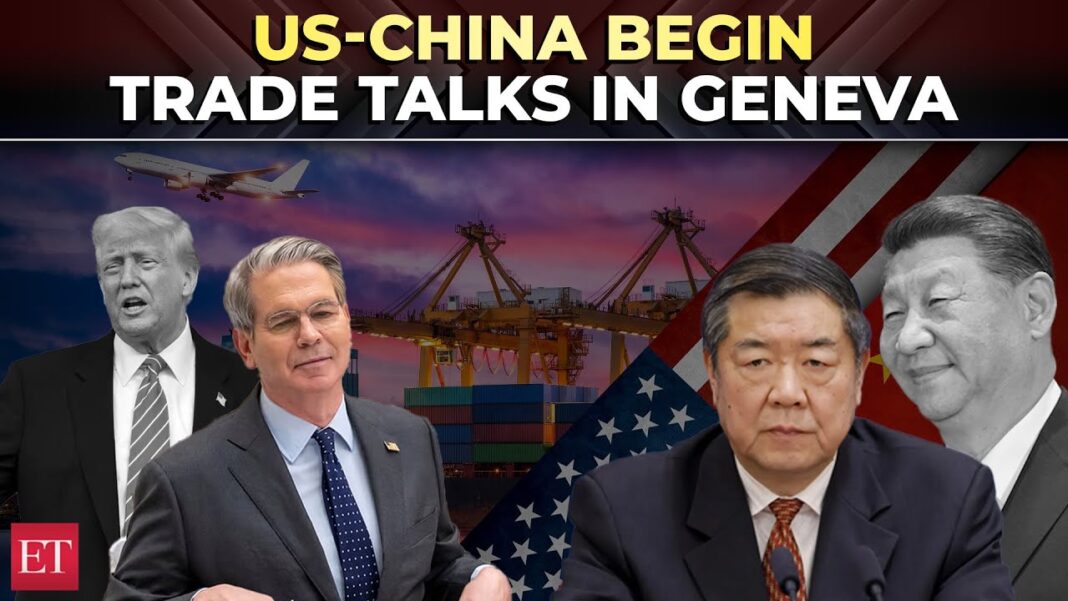While the president suggested exemptions from the 10 percent baseline are possible, he said only countries offering ‘exceptional’ terms may see relief.
President Donald Trump said Friday that the United States will retain a baseline 10 percent tariff on imports from nearly all trading partners—even after new trade agreements are signed—describing the policy as a permanent floor with only rare exceptions.
“You are going to always have a baseline,” Trump told reporters at the White House on May 9. “You have a baseline of a minimum of 10 percent, and some of them will be much higher.”
While Trump left the door open to possible exemptions, his broader message signaled that trade partners should expect the universal 10 percent levy as a fixture of U.S. trade policy. “At some point, we’ll see [if] somebody does something exceptional for us,” he said. “It’s always possible.”
White House press secretary Karoline Leavitt confirmed Friday that Trump intends to keep the tariff floor in place across most negotiations to reduce trade deficits and promote domestic manufacturing.
The president’s baseline tariff remarks came a day after he announced a preliminary trade deal with the United Kingdom, which preserved the 10 percent tariff on British goods, while removing steel and aluminum tariffs and lowering import duties on British automobiles from 27.5 percent to 10 percent. In exchange, the UK tariff rate will be lowered from 5.1 percent to 1.8 percent.
Trump called the UK agreement a “low number” justified by the country’s respectful treatment of the United States—and said that the British deal should not be viewed as a template for future agreements.
“Some [rates] will be much higher because [other countries] have massive trade surpluses and, in many cases, they didn’t treat us right,” Trump said in the Oval Office on May 8.
The much higher tariff rate includes China, which Trump hit with a 145 percent levy in April, identifying the country as having massive trade barriers against the United States. The move prompted Beijing to retaliate with 125 percent duties on U.S. goods. Trade talks are taking place this weekend between Chinese and U.S. officials in Switzerland.
By Tom Ozimek








